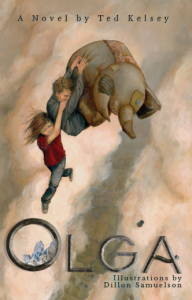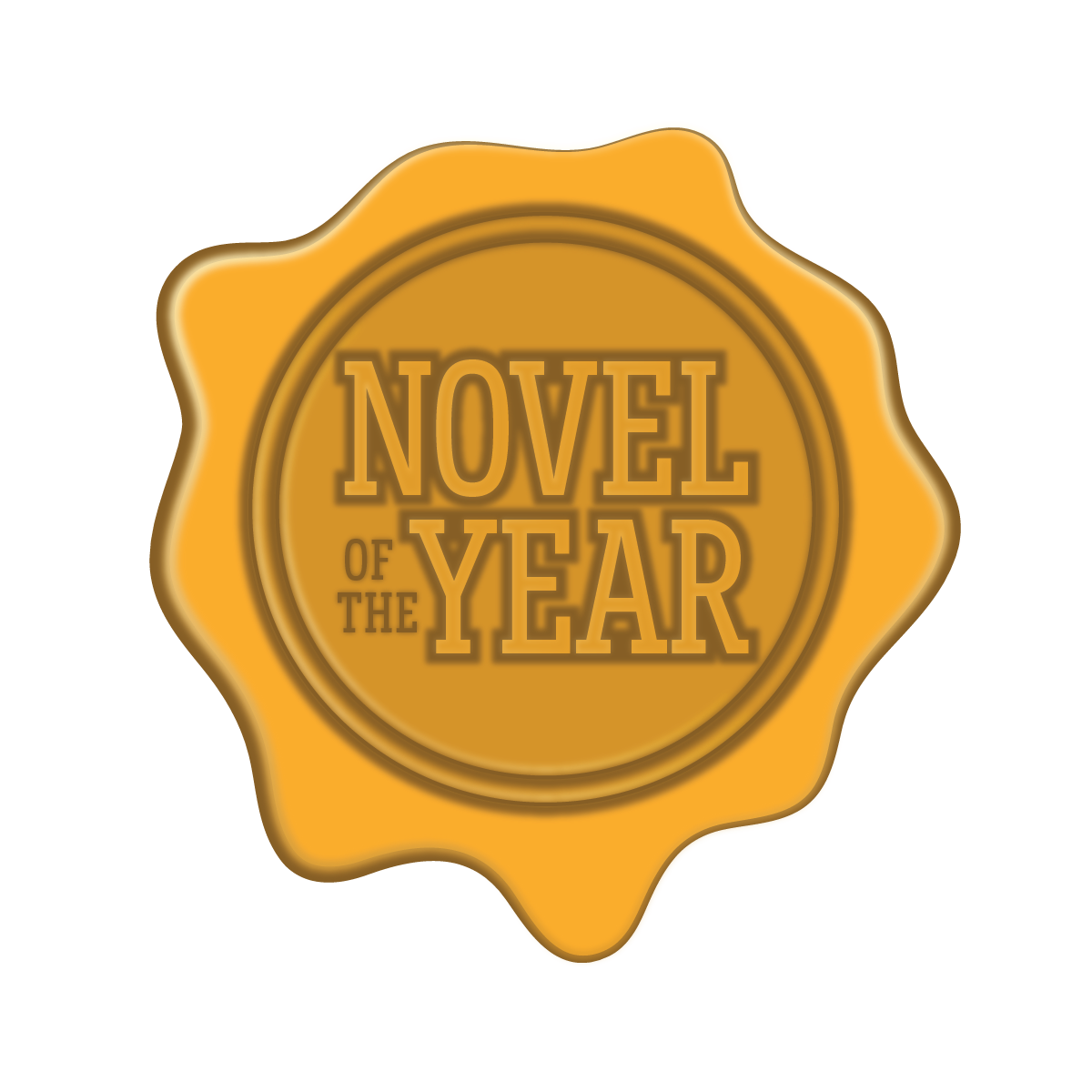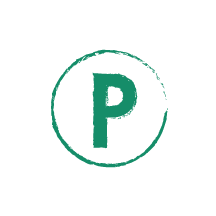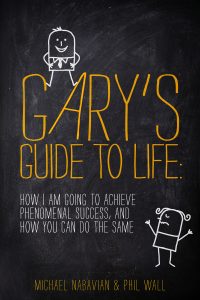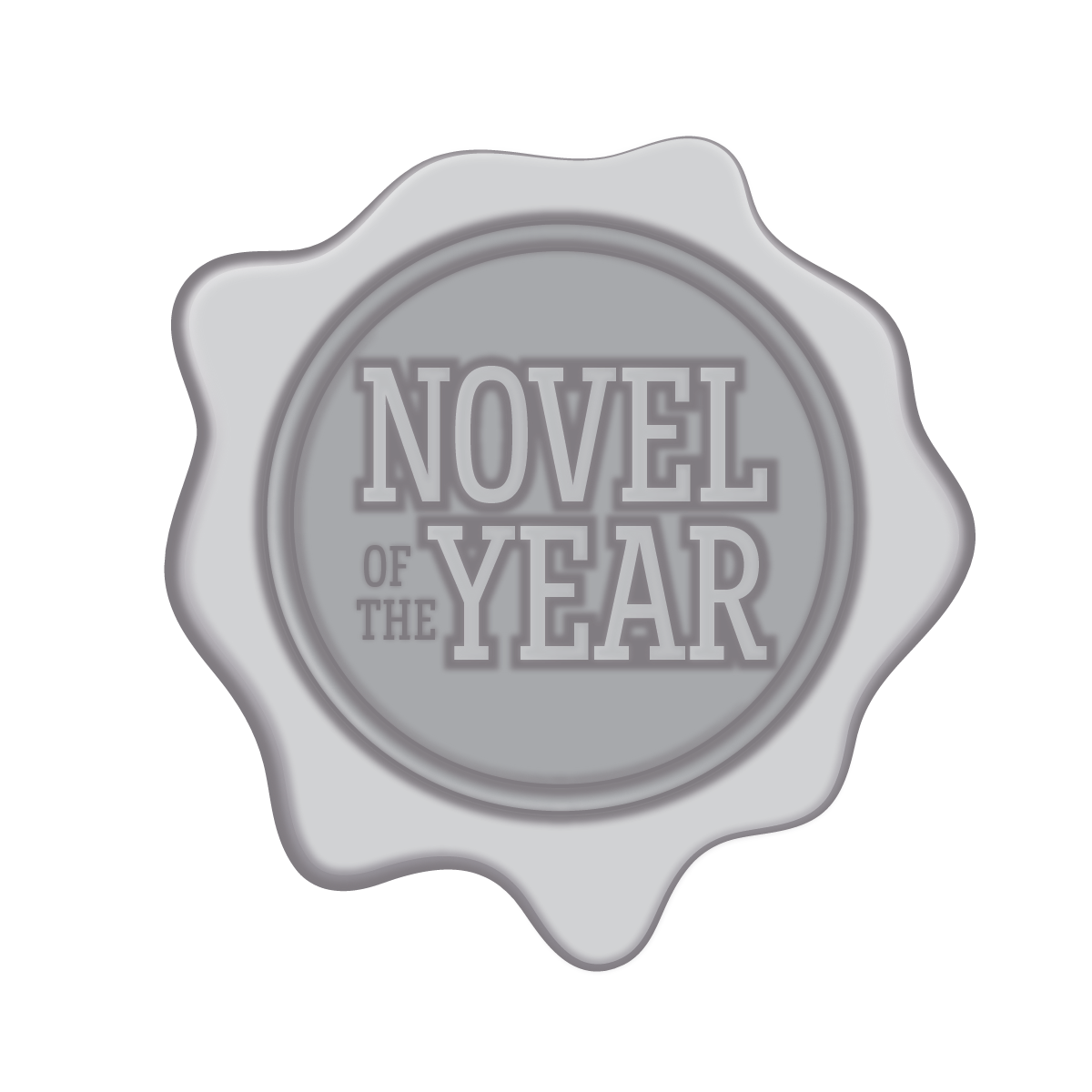The Rundown
The Recommendation
The Rating
The Links
The Reviewer
Renee Miller
Visit Renee Miller‘s website.By now many in the indie community have heard about the disturbing news involving indie author Pauline Creeden and her trouble with Kindle Unlimited. If you haven’t, you can read about it here.
For the lazy kids who are allergic to links, basically her books showed an unusual spike in borrows. Amazon, detecting what seemed to be bogus borrows meant to drive pages read numbers up, deleted her books and terminated her KDP account. No warning. Just see ya later.
Yes, this is distressing. More distressing than Amazon’s strike first and don’t allow for questions later approach, though, is that there are click farms out there that anyone can use to boost KU borrows and pages read. And knowing what we all know about the human condition, many would use this to bump a competitor out of their way now that they know an unusual spike in pages read could result in getting booted off KDP.
Yikes, right?
According to many sources, such as the Active Voice blog;
Pauline does report that she saw a one-day increase in page-reads on one of her books (Raven, actually) in May—from the usual 80 per day to 25,000. (That’s a big spike, but not a terribly lucrative one. The payment rate for April was $.005/page; if May is similar, 25,000 page-reads will generate $125. Not enough to risk your KDP account over, that’s for sure!) Pauline doesn’t know what caused the spike. She hadn’t promoted the book recently. Did a click-farm hit her book by accident? Did someone with a grudge target her? Was it just a glitch? Was the one-day spike even the problem? The problem is that we don’t know what the problem was. No specifics have been shared.
Now, I feel the need to point out that if your borrows go from 80 pages read daily to 25,000, you should contact Amazon IMMEDIATELY. Easy to see the solution in hindsight, but let’s learn from this author’s awful experience in a way that makes sense. I’d be highly suspicious of such a spike in my book sales and the first thing I’d do, even before knowing what I know now about these click places, is contact Amazon and find out if there’s a glitch in the system. It might not save my place in the KDP Select program, but I’d have a shot at catching someone trying to manipulate the system before they screw me over or having all of my books removed from the site entirely.
And it’s important to note that Pauline’s KDP account has been restored, according to the source I linked to earlier. This is important because a lot of you are freaking out about how evil Amazon is and advising others to run as fast as they can and expand onto other selling platforms. Amazon listened. I’m not saying it’s not evil. I’m saying this time, in this case, Amazon listened and saw reason and made corrections where necessary.
Still, even knowing this, the majority of the chatter I’ve read about this involves a lot of “Abort! Leave KDP NOW!!!! Pull everything and RUN!”
Now, come on kids. How is removing all of your books from Amazon, the largest retailer for most indie authors, benefiting you? It’s not. However, getting out of Select might be advisable for some of us. Not because we’re panicked or pissed or any of that, but because some of us might benefit from a broader sales platform.
Amazon’s KDP Select program is fantastic for newbies. It’s a useful marketing tool that helps expand your reader base and gets your name out there. When it stops becoming useful in that way, or your sales start to dwindle for a prolonged period of time no matter how you market them, then it’s time to revisit your marketing plan and decide if being exclusive to a single retailer is working for you as well as it has in the past.
Not when you’re in panic mode, though. Calm down. Look at your sales data and such calmly and make your decision with a clear head, because the real issue here isn’t about Amazon’s made a pact with Satan. It’s whether or not indie authors should sell exclusively on Amazon, or should we diversify so our books are available over several platforms?
The decision should hinge on several factors, and not one of those should be fear or anger or any emotion at all. For each of us the answer will be different, and it should be, as we're selling different books to different audiences and we're at different stages in our writing careers.
In the past, my experience has shown that my books sell better at Amazon. Other platforms offered little to no sales and had no marketing perks. However, it’s been three years since I sold books on sites like Smashwords or Apple, and I’ve published several more titles since. (Last time I listed books elsewhere, I had three. Now I have more than fifteen available.) While I have steady sales, they’ve declined in the past couple of years overall, and Kindle Unlimited is not really working for me. I chose to stay in when they rolled it out to give it enough time to show results, although I had misgivings. Yes, I get a shit ton of borrows sometimes, but the borrows don’t translate into a lot of cash or reviews. Running promotions is nice, but again, it doesn’t boost my sales as it used to, nor does it generate reviews or bump my ratings in a meaningful way.
So, as an experiment, I’m going to pull out of Kindle Select temporarily, and see what happens if I diversify. My books will still be available on Amazon, but I will also make them available on other platforms (including Kobo and Apple). If nothing happens, then the perks of Select outweigh the drawbacks and I’ll renew my enrollment. If I see improved sales overall, then obviously diversification was a smart decision and I’ll continue making my books available over several platforms, rather than remain exclusive to one.
I’ll let you know how it works out, and I’m interested in hearing about your experiences, so let’s discuss.




